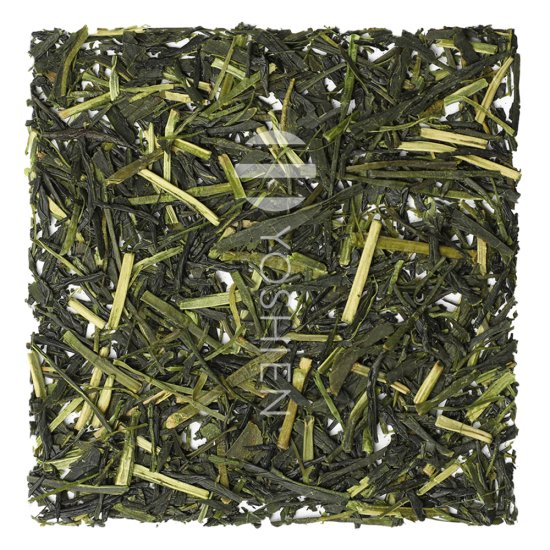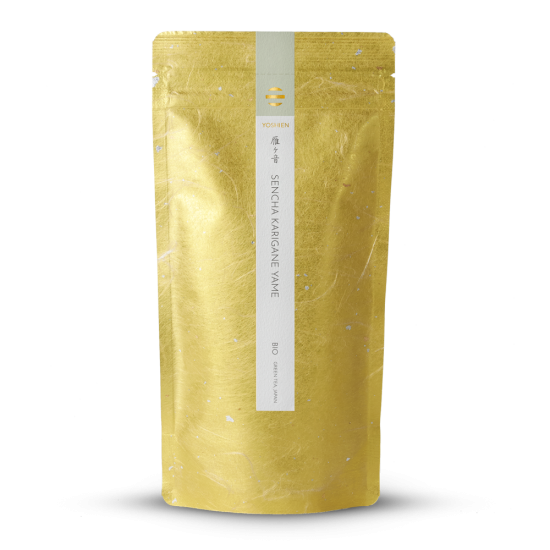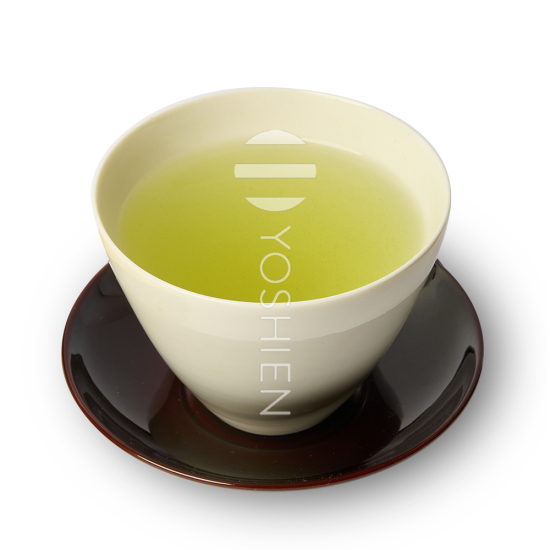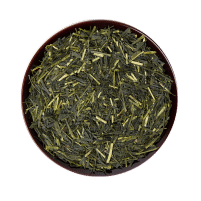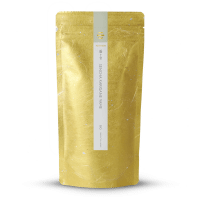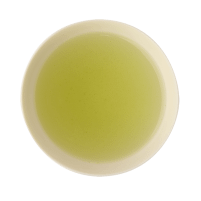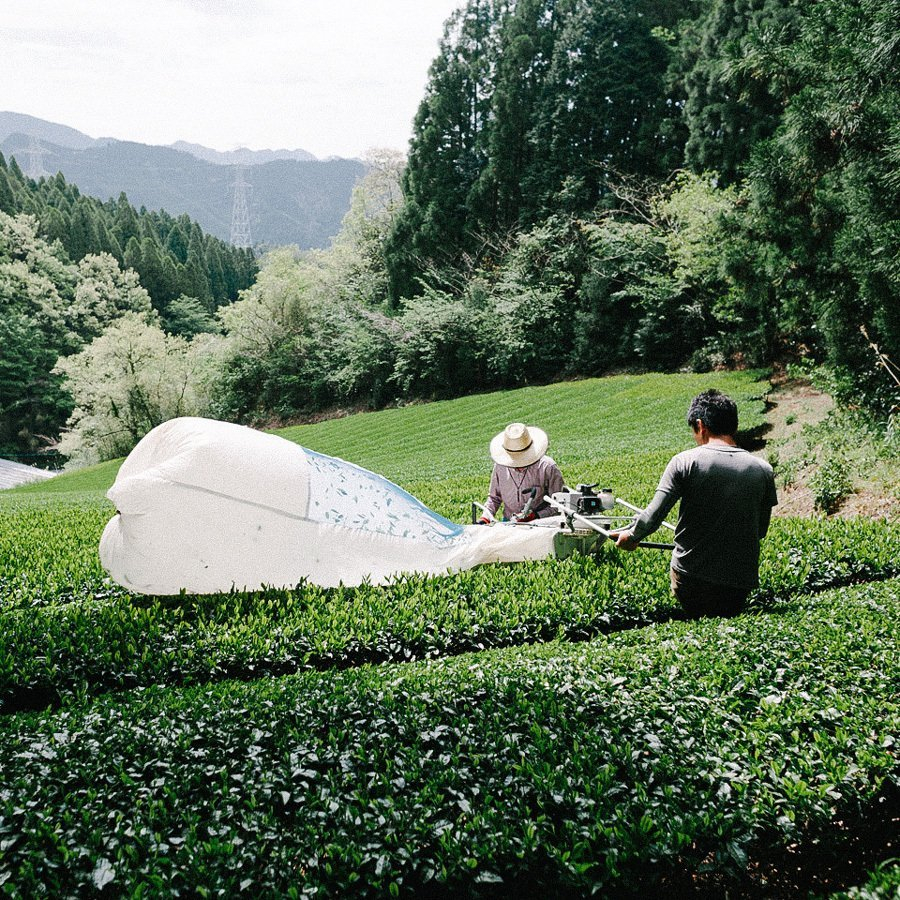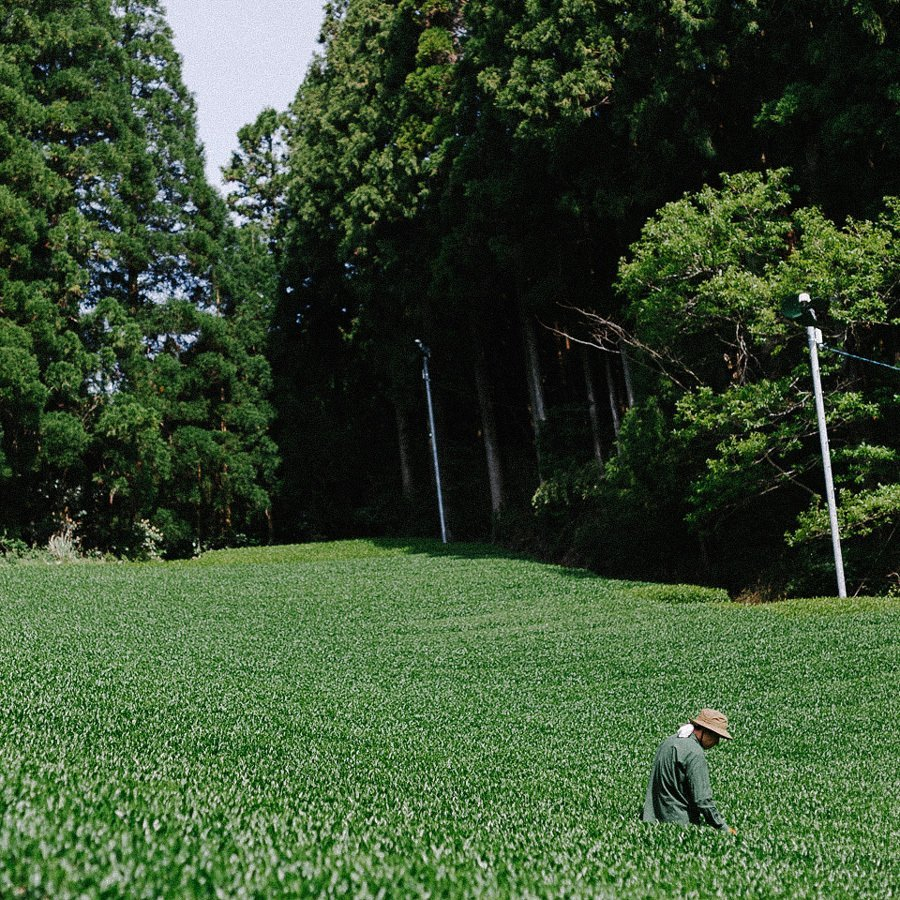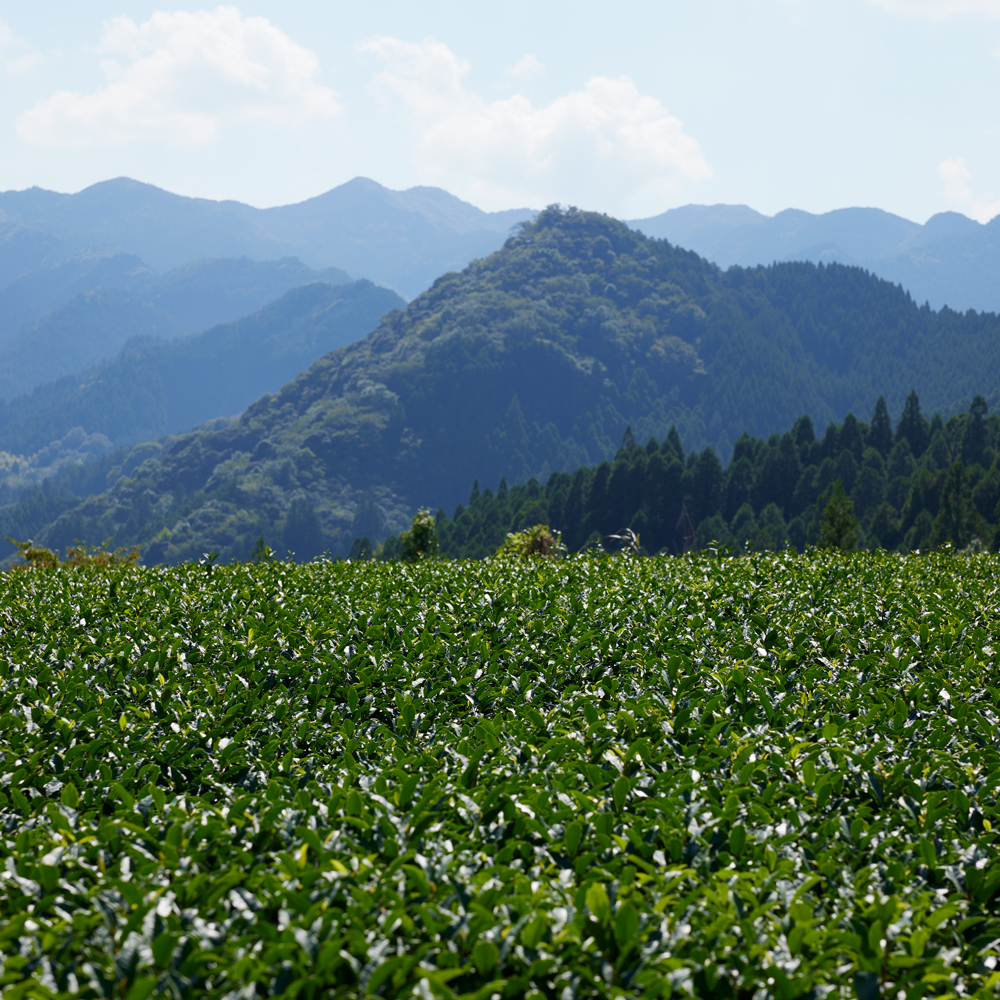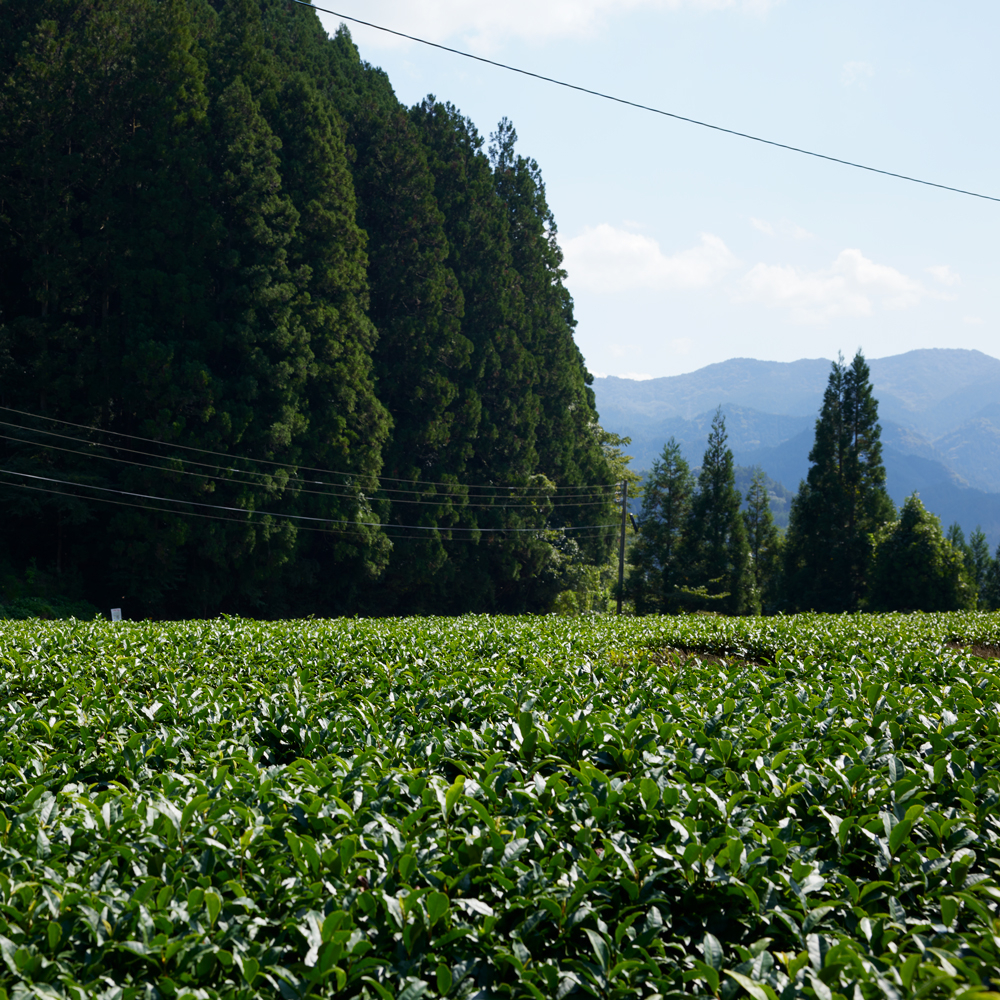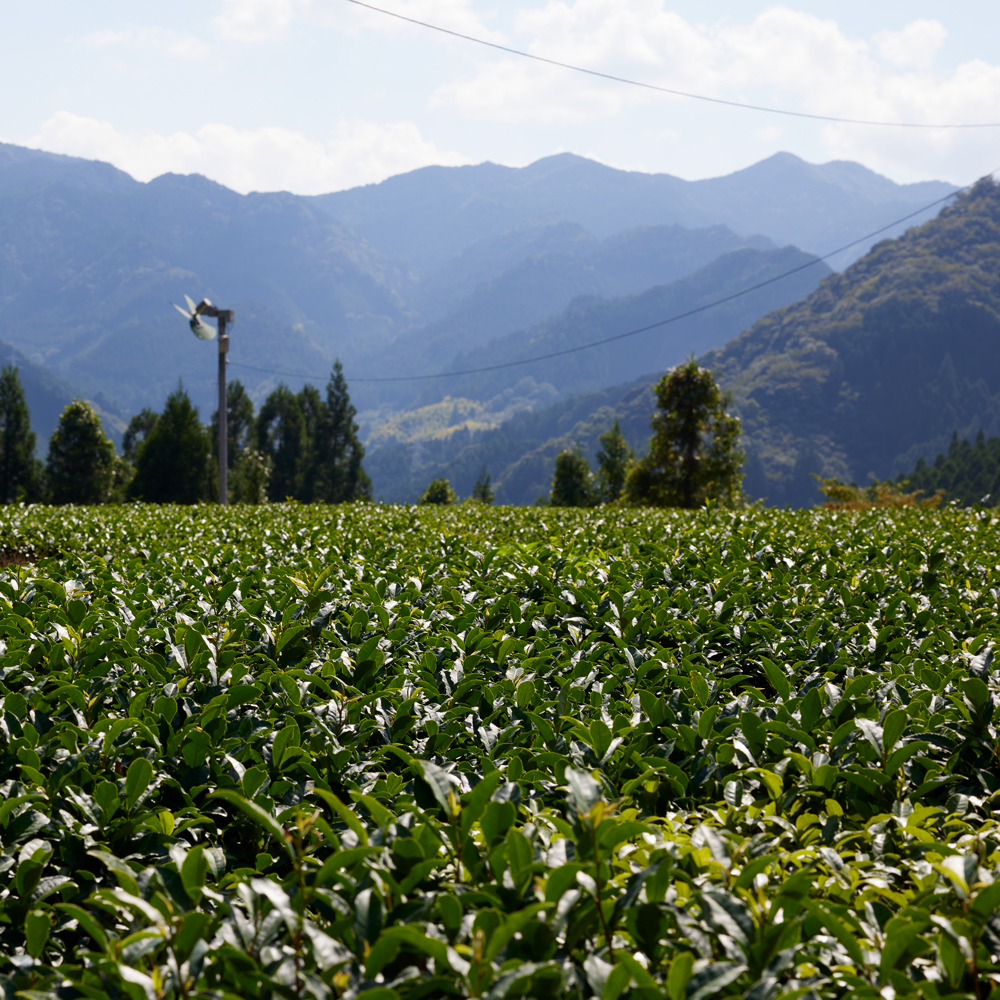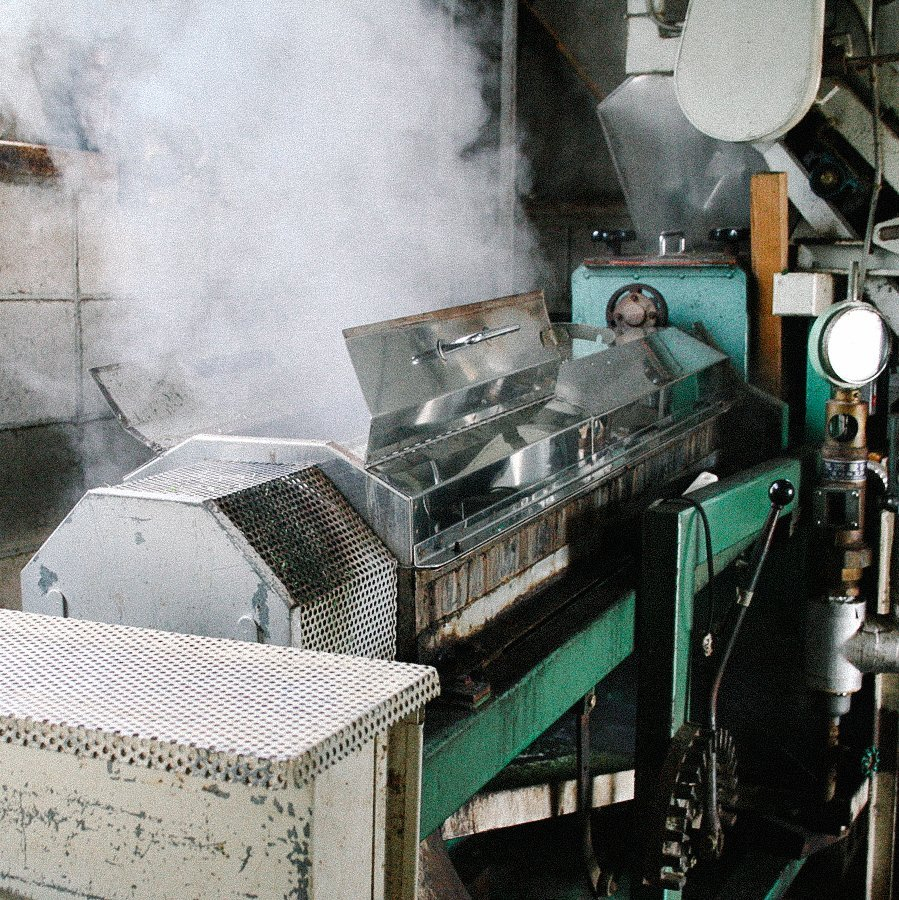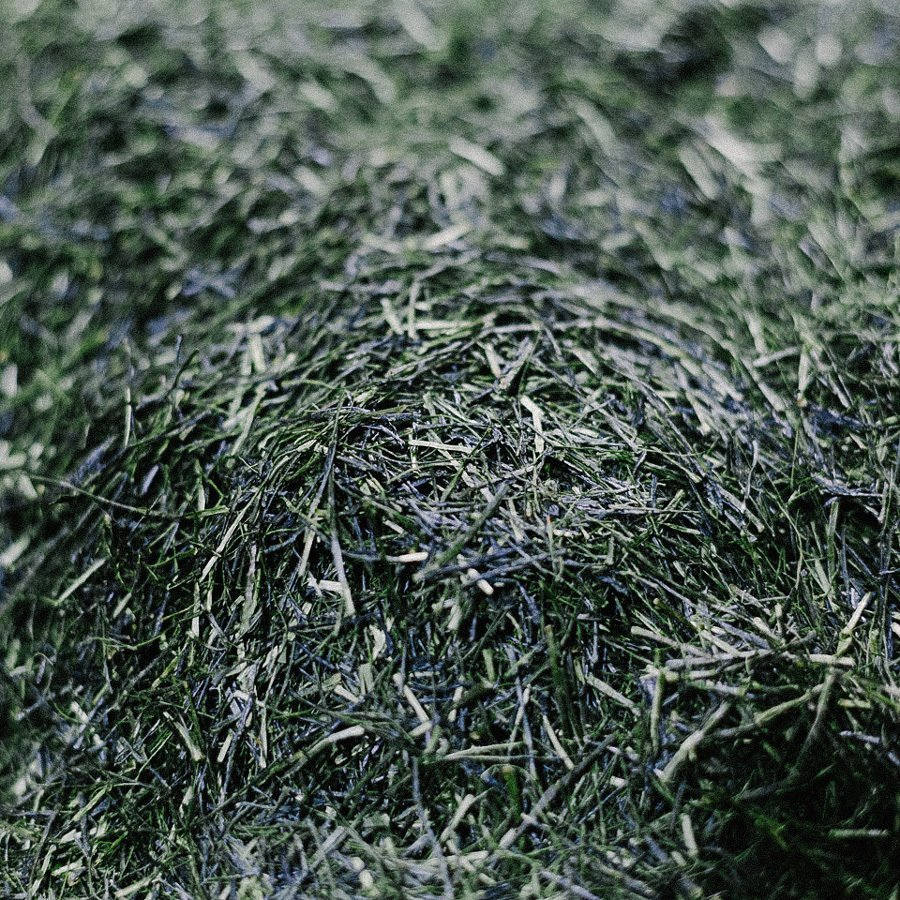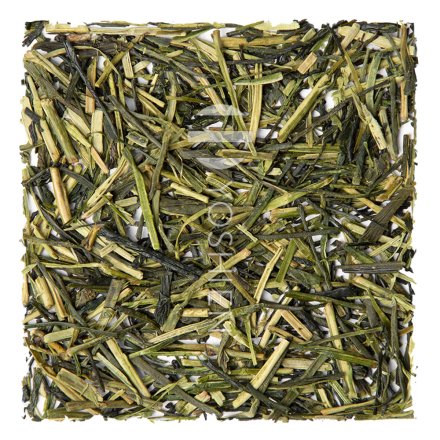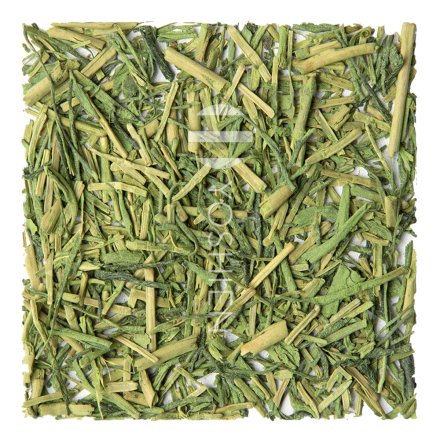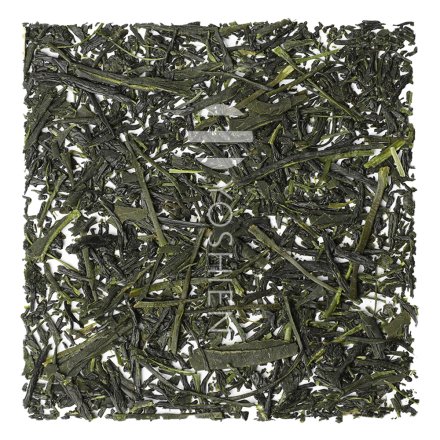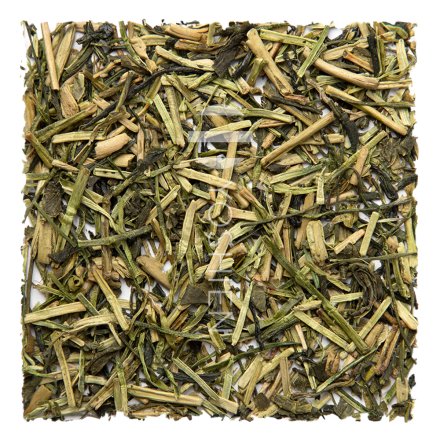Yamecha (八女茶)
Located in the north of Kyushu, the southernmost of Japan's three main islands, the region around Yame city is home to Japan's famous yamecha (八女茶; tea from Yame). The Tsukushi Plain, and the basins of the two main Yame rivers, Yabe and Chikugo, in particular, are often shrouded in fog. Especially dense in the morning, it provides natural protection from sunlight and stimulates the teas to form a particularly large number of amino acids; rich in umami, teas grown in Yame are often referred to as "natural gyokuros" and can be quite intense. The rivers bring pure alpine spring water and cool, humid air into the terroir, and the stimulating weather conditions, with hot days and cold nights, even sometimes cover the tea bushes in snow during the winter months. The area around Yame also has an extremely high precipitation rate, with up to 2,400mm falling annually. This causes the tea fields, which are mostly located on mountain slopes with loose, sediment-rich soils, to be constantly washed through and drained. These harsh conditions allow the plants to become particularly resistant and contribute to the unmistakably full yamecha aroma.
The historical origin of yamecha dates back to 1423 with the work of Shuzui, the Zen master who introduced the Ming style of tea cultivation and processing to Japan following a stay in China. This method requires roasting the tea in a pot. It was not until the Edo period in the mid-19th century that the Uji method of tea production, which involves steaming and shading, gradually began to gain acceptance. The first senchas were produced only in small quantities and as luxury goods, followed by a gradual modernisation and the slow establishment of a tea industry from the different regions of Fukuoka, which were officially grouped together under the name Yamecha in 1925 to emphasise the special quality of the roasted and steamed green teas.
Today, Yame is considered one of the leading tea regions in the whole of Japan, alongside Uji, and routinely receives the highest awards in the country's most prestigious tea competitions. Yamecha won the prestigious MAFF Award for gyokuro from the Japanese Ministry of Agriculture, Forestry and Fisheries from 2001 to 2012 and also regularly received the same award in the sencha category.
Single Origin
This tea comes from the above mentioned tea field in Yame and is sourced directly from the tea farmer.
Organic Certification

PL-EKO-01
Nicht-EU-Landwirtschaft




